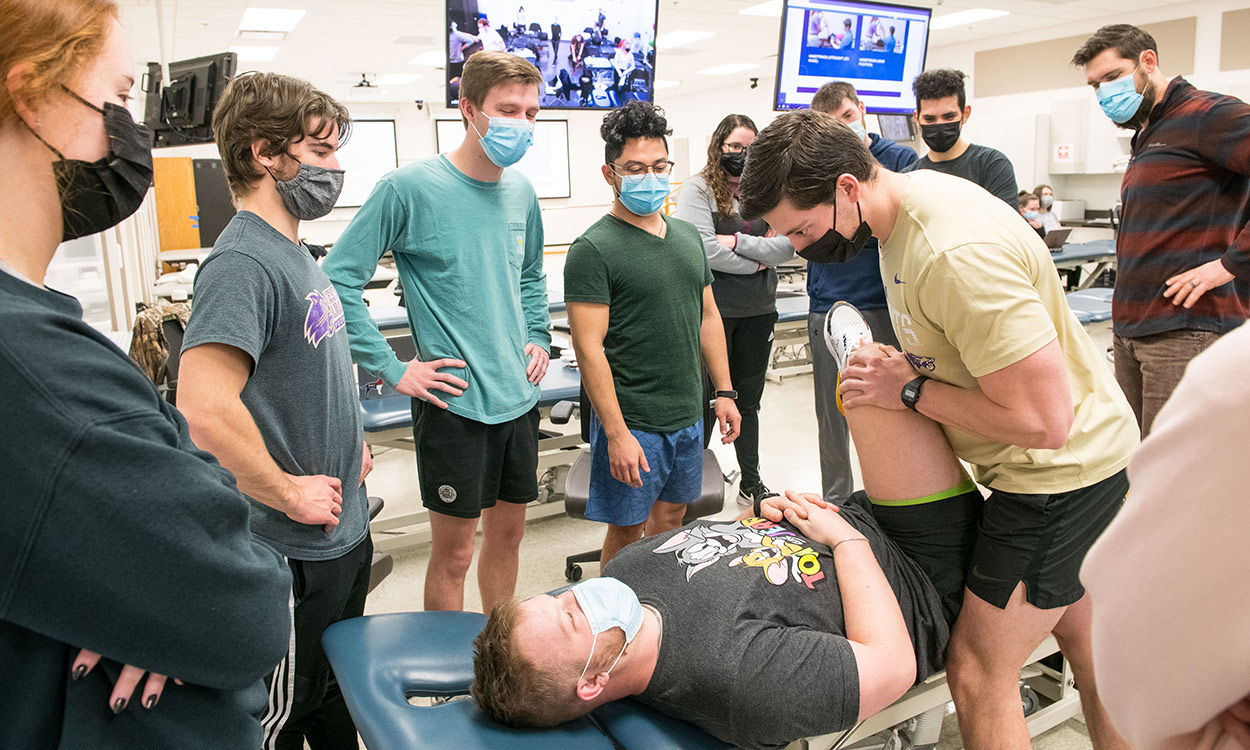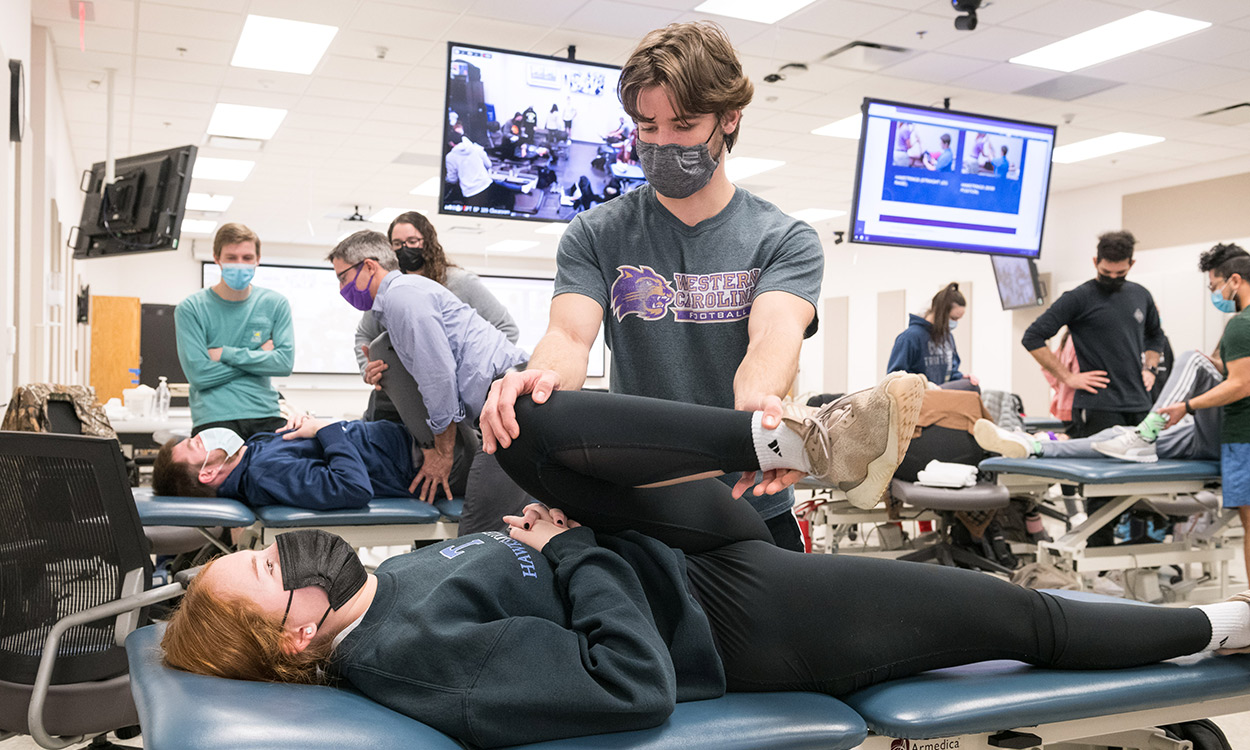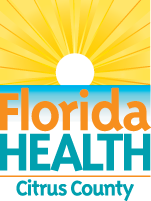By Tom Lotshaw
David Norton, of Asheville, is now in the Graduate School at WCU studying for a doctorate
in physical therapy.
Launched in fall 2018, Western Carolina University’s Integrated Health Sciences program
is starting to graduate students. Some are entering the workforce. Others, such as
Eric Maennle, David Norton, Megan Poston and Julia Reardon, are entering graduate
school.
WCU created the IHS program to offer a streamlined, flexible pathway and a well-rounded
curriculum for students interested in a variety of health, medical and wellness fields.
That includes students who want to begin working after earning a bachelor’s degree.
But it also includes students who plan to earn advanced degrees for careers ranging
from athletic trainers to physician and nurse assistants, speech-language pathologists
and physical, occupational or recreational therapists.
Maennle, who is from Andrews, figured he would want to pursue some kind of health
care career after graduating high school. When physical therapy helped him recover
from football injuries — a shattered finger one year and a torn meniscus the next
— he decided it might be the field for him.

Eric Maennle, of Andrews, is pursuing his doctorate in physical therapy.
“By that time I was getting a little older and started asking questions,” Maennle
said about his second physical therapy experience. “Whenever I was there, I thought
about myself and all the other people who would come in, and how we all progressed
and improved our quality of life. It was good to see and it seemed like something
I would like to pursue.”
Maennle put his plan in motion by enrolling in the new IHS program. He graduated from
the program last spring and, like David Norton, of Asheville, is now in the Graduate
School at WCU studying for a doctorate in physical therapy.
Other IHS students are moving into programs for different health and wellness fields.
Megan Poston and Julia Reardon were both recently accepted into WCU’s master program
for athletic training.
Poston, who is from Shelby and on track to graduate in May, said she’s excited to
start the master’s program this June. She worked as a student athletic trainer in
high school and at Gardner-Webb University before transferring to the IHS program
at WCU.

Megan Poston
“I love helping people and I love sports,” Poston said about athletic training. “It’s
both of the things I love in one.”
Health care and health-related fields are expected to be among America’s fastest-growing
job industries over the next decade with a strong demand for workers, especially in
rural areas such as Western North Carolina.
WCU created the IHS program to help students develop the skills they’ll need to fill
those jobs locally, regionally and nationally. And so far, it’s working, said Ericka
P. Zimmerman, director of the School of Health Sciences.
The program’s core studies span four colleges, emphasizing both social and health
sciences. Three concentrations let students pursue academic tracks supporting their
individual interests and career goals.
One track serves students interested in working in health or wellness fields, supporting
healthy living across diverse populations in businesses, community organizations and
throughout the health care industry. A management track serves students interested
in the administration of health care, while a preprofessional track is available for
students who plan to go to graduate school.

Julia Reardon
WCU designed the program with a focus on interdisciplinary learning and giving students
hands-on experience, Zimmerman said. Through senior capstone projects, students in
each of the program’s three concentrations work together on projects to improve community
health — collaborating just like they will have to do in future professional settings.
Past capstone projects have organized free dental clinics and nutrition and food security
programs. Maennle worked on a project to help organize a COVID-19 vaccination drive
for homeless people in Haywood County.
Maennle said the IHS program gave him a well-rounded undergraduate education and positioned
him to seamlessly transition to graduate school. That view is shared by Norton, who
transferred into the program as a biology major, as well as by Poston and Reardon.
“That pathway was laid out almost immediately, giving me the steps I needed to take
to be a strong applicant to graduate school,” Maennle said. While he works on his
doctorate, he’s also refining his vision for his future career. But he’s confident
he made the right choice going into physical therapy.
Zimmerman said she’s excited to see how the IHS program has grown and progressed in
just a few years. Students are successfully entering the workforce and graduate school
programs and making an impact in local communities through ambitious projects.
“This new degree is helping WCU provide quality workers in health care and health-related
fields and meet the workforce needs we have in Western North Carolina,” Zimmerman
said. “We’re pleased with how this program has grown and we’re excited to see continued
growth and partnership.”








